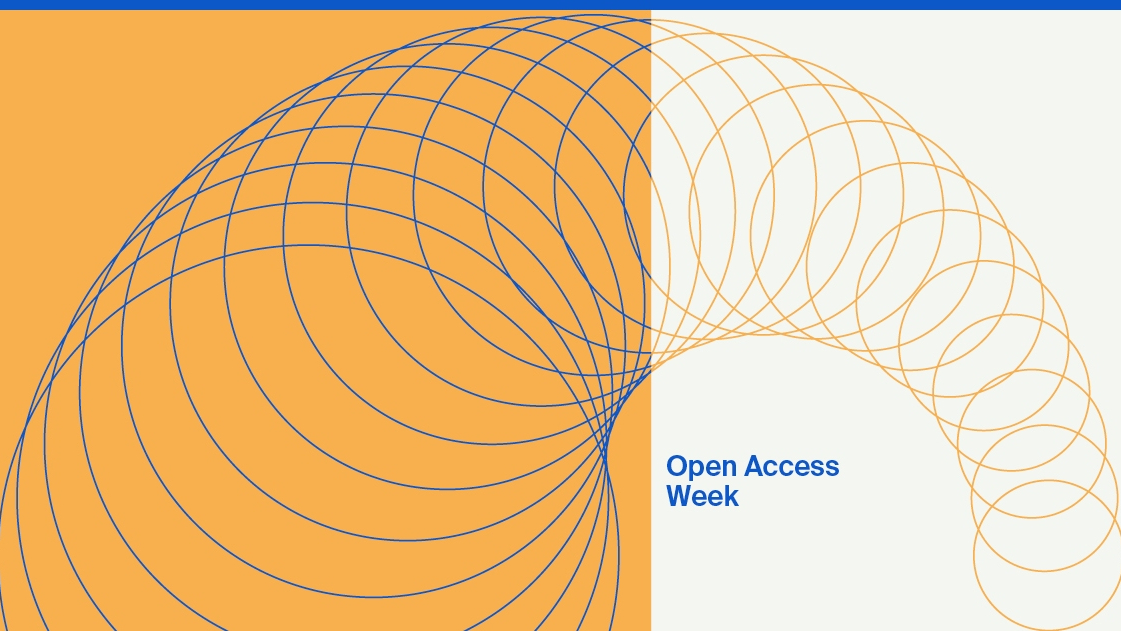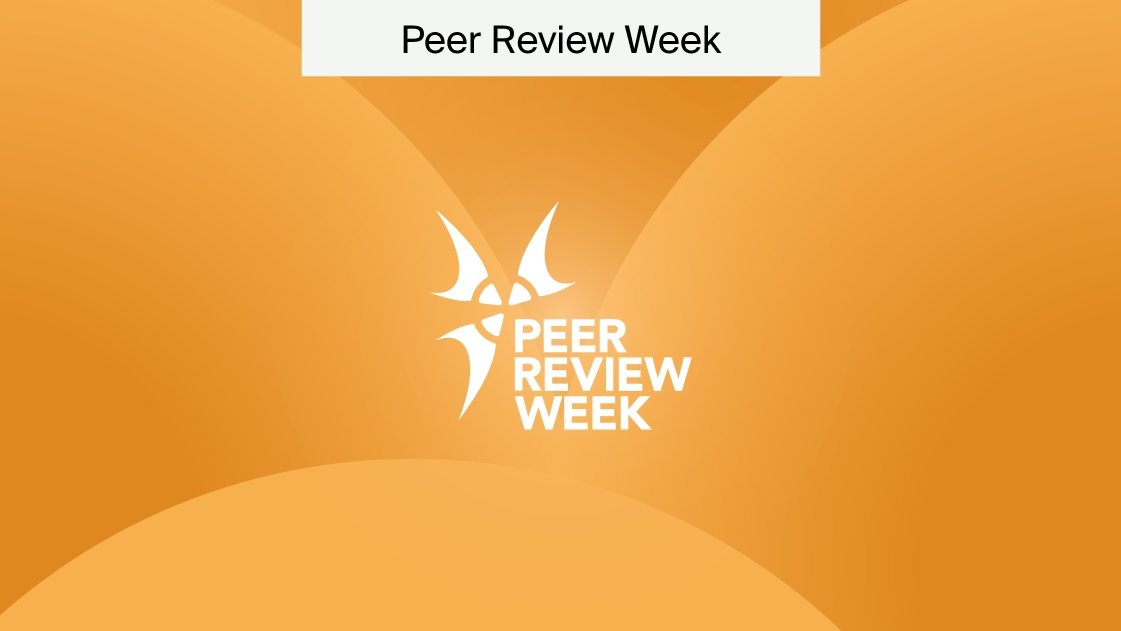
Peer Review and Rejection Rates in 2013
On the topic of peer review and rejection rates, we wanted to address the stats for 2013. Our journals received nearly 20,000 manuscript submissions in 2013, or about 75 submissions per business day. It is a logistical challenge to handle this many incoming manuscripts. Screening them appropriately, getting them to external peer review, and communicating with authors takes time. More than 100 in-house editors are employed by MDPI to handle the manuscripts through peer review, to manage the correspondence with referees and authors, and to guide accepted manuscripts through copy editing, English editing and production. However, the most valuable part of the work is done by external academic editors and referees that generously donate their time to ensure that our journals publish high quality work.
Peer review process
Peer-review remains the cornerstone of formal academic publishing. It ensures that journals publish scientific and relevant papers, and often helps authors to significantly improve their paper prior to publication. It is of course also a filtering and selection process that tries to identify those papers which are most suitable for publication. Thus affecting the rejection rate of a journal. For referees, reviewing provides an opportunity to keep up with latest research results in a rapidly advancing, information-based society. The quality and reputation of a journal depends critically on the peer review of each and every paper, and the scrutiny applied by the referees and academic editors. The selection of referees is therefore critical, which is why we carefully select them after screening literature databases for their previous publications on the topic, and checking their academic background.
Being committed to a thorough peer review process, we wish to thank all of our reviewers. To this end we recently published Acknowledgements to Reviewers for 85 of our journals, which list the names of the referees that kindly reviewed manuscripts for the journal in 2013 (for smaller journals that published only a handful of articles we did not publish the list, in order not to compromise the anonymity of the referees). The acknowledgments for 2013 are available for reading.
Rejection and Acceptance Rates
The overall rejection rate across all our journals in 2013 is 50.3%. This number is based on 18,627 manuscripts on which a decision was made within 2013, of which 9374 manuscripts (50.3%) were rejected and 9253 (49.7%) accepted for publication.
For journals covered by Web of Science, the overall 2013 rejection rate is 52.6%, based on 14,321 manuscripts that received a decision of which 7540 manuscripts were rejected and 6781 accepted. The table below gives the rejection and acceptance rates for each of our journals covered by Web of Science.
Table 1. Publication overview for MDPI journals indexed by the Web of Science.
| Journal | Rejected | Accepted | Total Decisions | Rejection Rate | Acceptance Rate |
| Atmosphere |
18 |
29 |
47 |
38% |
62% |
| Energies |
789 |
334 |
1123 |
70% |
30% |
| Entropy |
210 |
285 |
495 |
42% |
58% |
| Forests |
97 |
67 |
164 |
59% |
41% |
| IJERPH |
581 |
476 |
1057 |
55% |
45% |
| IJMS |
1583 |
1344 |
2927 |
54% |
46% |
| Marine Drugs |
196 |
320 |
516 |
38% |
62% |
| Materials |
508 |
374 |
882 |
58% |
42% |
| Micromachines |
14 |
33 |
47 |
30% |
70% |
| Molecules |
1176 |
1008 |
2184 |
54% |
46% |
| Nutrients |
249 |
313 |
562 |
44% |
56% |
| Polymers |
64 |
63 |
127 |
50% |
50% |
| Religions |
18 |
43 |
61 |
30% |
70% |
| Remote Sensing |
391 |
345 |
736 |
53% |
47% |
| Sensors |
1154 |
977 |
2131 |
54% |
46% |
| Sustainability |
138 |
300 |
438 |
32% |
68% |
| Symmetry |
13 |
12 |
25 |
52% |
48% |
| Toxins |
54 |
164 |
218 |
25% |
75% |
| Viruses |
92 |
174 |
266 |
35% |
65% |
| Water |
195 |
120 |
315 |
62% |
38% |










